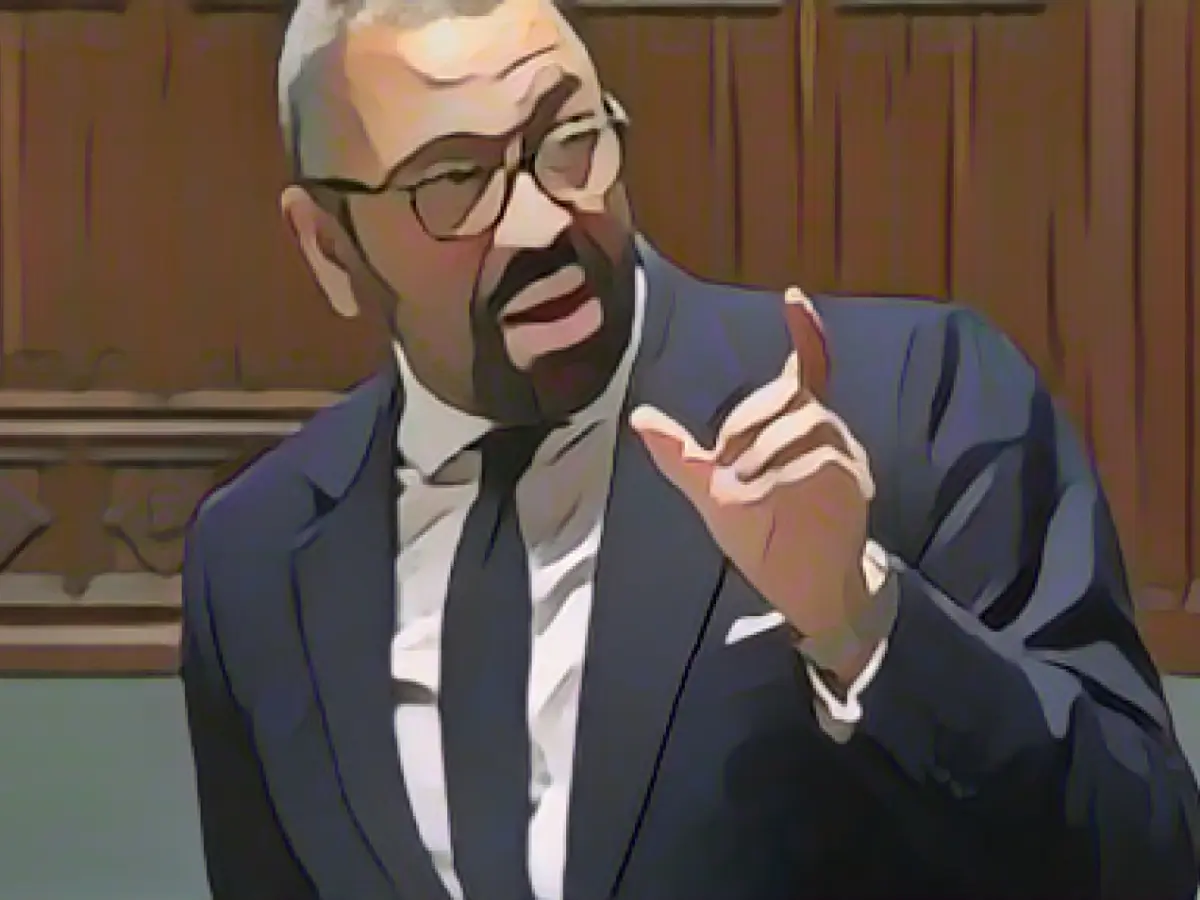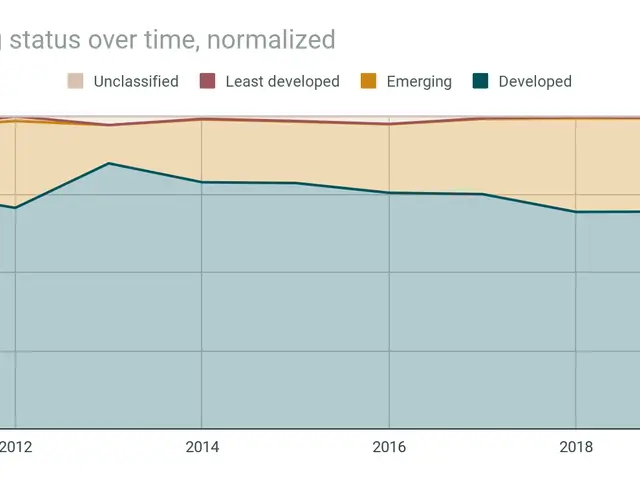Under National Political Scrutiny, UK's Controversial Migration Pact with Rwanda Tests Prime Minister's Authority
In the face of significant domestic political pressure to control immigration, the British Prime Minister, in office for just over a year, faces the potential to lose authority before the upcoming general election. The House of Commons is currently debating a contentious migration agreement between Great Britain and Rwanda, a pact that has sparked sharp criticism from both the opposition and the Prime Minister's own party.
The House of Commons is reviewing a response to the UK Supreme Court's decision in November, which deemed an earlier plan to deport migrants to Rwanda unlawful. The court did not consider Rwanda a safe third country and found the previous plan to be contradictory with the UK's international obligations, as there was a possibility that migrants would face persecution upon their return.
Having announced its intent to negotiate a new agreement with Rwanda immediately following the court ruling, the British government, led by Home Secretary James Cleverly, signed the revised text last week during a visit to Kigali. The new pact designates Rwanda as a safe third country, preventing migrants from returning to their country of origin and limiting their legal options in relation to deportations.
Amidst the political whirlwind, Michael Tomlinson, the British minister responsible for immigration, described the bill as "one of the toughest texts ever tabled in Parliament against illegal migration." He made these comments during an interview on Sky News, further emphasizing the pact's controversial nature.
Some conservative voices within the Conservative Party had previously discussed the bill, with the moderate "One Nation" group of MPs announcing their intention to support the text, while the radical Brexit supporters of the European Research Group criticized the draft as "partial and incomplete," urging for significant alterations to prevent legal proceedings against deportations.
Simultaneously, some Conservatives have suggested withdrawing from the European Convention on Human Rights and other international human rights agreements. Should the Conservative Party's right-wing reject the bill, it would mark a significant defeat for Prime Minister Sunak.
Notable Insights
- The UK's migration agreement with Rwanda, which has long been a subject of intense domestic political pressure, was initially agreed upon under the leadership of former Prime Minister Boris Johnson but has yet to be implemented.
- The agreement has faced numerous legal challenges and human rights concerns, including international NGOs criticizing it as an infringement on judicial independence and questionable use of public funds.
- The funds previously earmarked for the Rwanda agreement have been redirected to a Border Security Command, aimed at addressing smuggling networks and improving border security.
- The Labour government has pledged to tackle irregular migration and has introduced new immigration policies, including tougher rules that make it more difficult for undocumented migrants to obtain citizenship.
References
================








